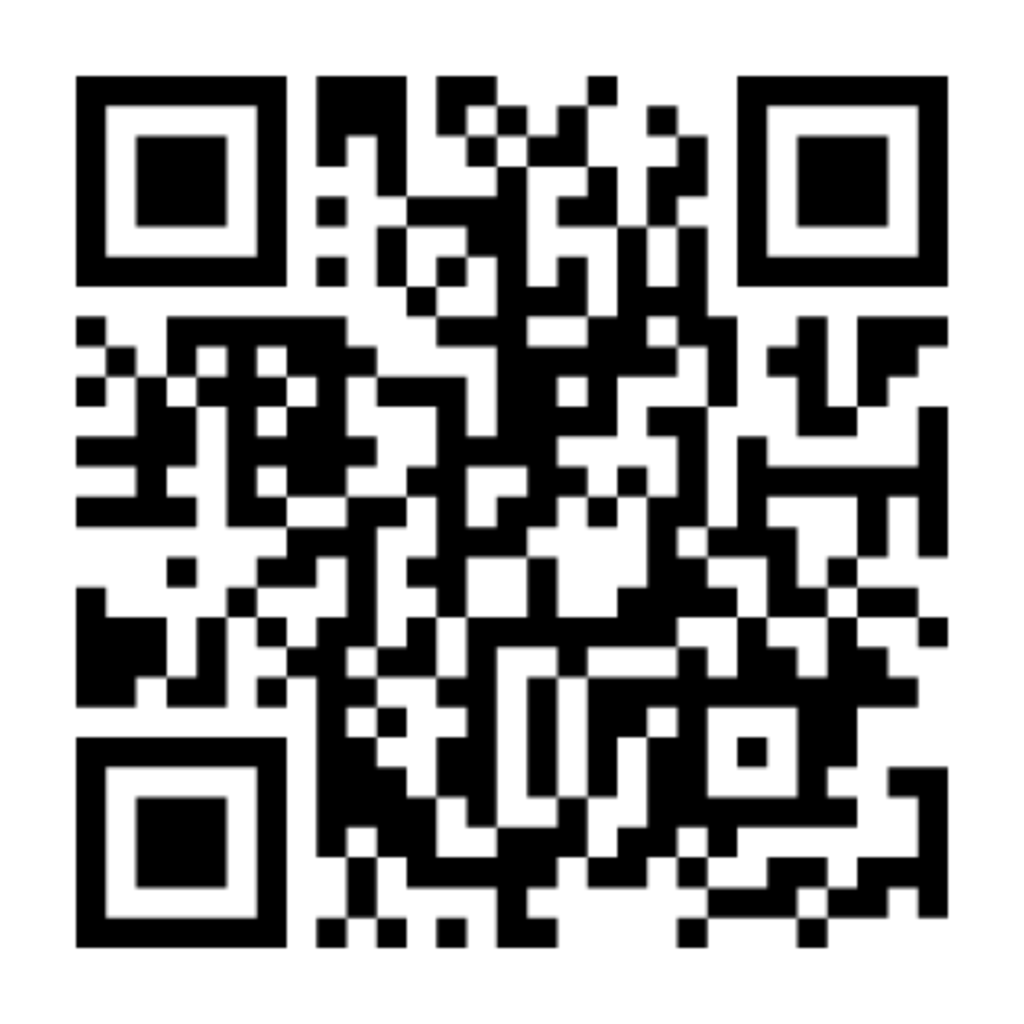Difficulty of Swallowing or Dysphagia
What is difficulty of swallowing or dysphagia?
Difficulty of swallowing or Dysphagia generally means that when one swallows solids or liquids or both, the food goes down through the esophagus or food pipe with hesitation leading to discomfort or even pain. At times the food may be stuck in the esophagus for seconds to minutes and some patients regularly do various maneuvers to get the food down. It is generally, a slowly developing problem and lots of patients subconsciously try to accommodate it in their life with very slow eating, drinking lots of water or beverages with the food or swallowing a very small amount at a time or chewing excessively. Often times, they are the last ones to get off the dinner table. “Dysphagia” as the doctors call it, is generally a serious symptom and one needs a physician’s advice to solve it
Other people with difficulty of swallowing may cough, develop frequent pneumonia due to aspiration, has chronic sore throat or hoarseness of voice. At times they can also regurgitate food and liquid back in mouth or in nostrils and often they can also have bad breath. In the extreme cases, they have frequent problem with this and has regular nausea, vomiting and regurgitation.
What causes difficulty of swallowing or dysphagia?
Esophageal narrowing or stricture: this is probably the most common cause. It is caused by chronic acid reflux (you may or may not be aware of the acid reflux) and resulting damage in the lower part of the esophagus. This results in scar formation that narrows down the esophagus or food pipe and patients start feeling dysphagia. Initially, it is for solid food and intermittent only. But if delayed, it progresses to both solids and liquids and happens more regularly.
Esophageal ulcer or erosions: this ultimately causes narrowing of the esophagus causing difficulty of swallowing.
Schatzki’s ring: it is one form of narrowing of the esophagus usually related to hiatal hernia and chronic acid reflux and cause the same end result.
Esophageal cancer: esophagus cancer ultimately case narrowing of the opening of the esophagus and cause all the conditions as described above.
Diverticulum of the esophagus: like other organs like colon or intestine, esophagus may have pocket or diverticulum in various parts of it. At the attempt of swallowing, food may get trapped here and cause difficulty of swallowing.
Stroke: stroke takes away coordination of the swallowing and opening and closing of the esophagus causing difficulty of swallowing.
Achalasia or spasm of the esophagus: In Achalasia, the lower valve of the esophagus does not relax to let the food bolus go down to stomach which presents as difficulty of swallowing. In addition, other types of spasm of the esophagus can also cause similar situation.
Ingestion of caustic or acidic substances: can also dysphagia due to damage of the esophagus.
What is the treatment for difficulty of swallowing or dysphagia?
Competent Gastroenterologits like Drs. Meah and Le can easily diagnose and treat most of the conditions. The first part is the diagnosis of the underlying disease which is causing it. Once it is done, the second part is to treat it accordingly. Your GI Center doctors may employ various radiological or endoscopic technique to arrive at the conclusion. At times they will also perform pH or motility study.
Most of the cases of benign stricture will be diagnosed and treated at the same time with Upper Endoscopy by our doctors while you are sleeping. During the endoscopy, if deemed necessary, Drs Meah or Le will pass a small guide wire in the stomach and over the guide wire they will pass dilating tubes called “bougie”, which will slowly open up the esophagus. “Some of our patients present with long history of dysphagia and we open up the closed esophagus while they are sleeping. Later they eat the meal and swallow it without food getting stuck! It is a dramatic experience for them. This is one of the things that makes my job very rewarding!” states Dr Nizam Meah.
If you have any further questions regarding this, please call our office.


